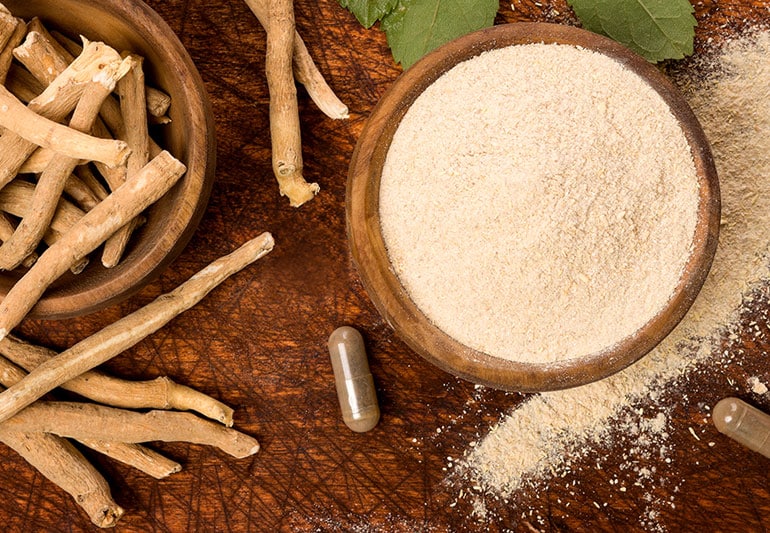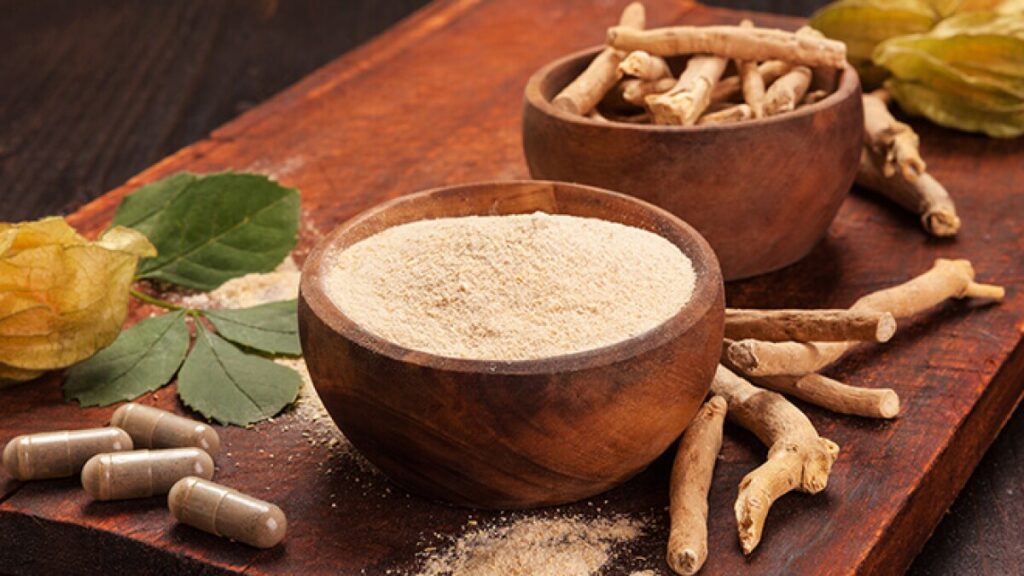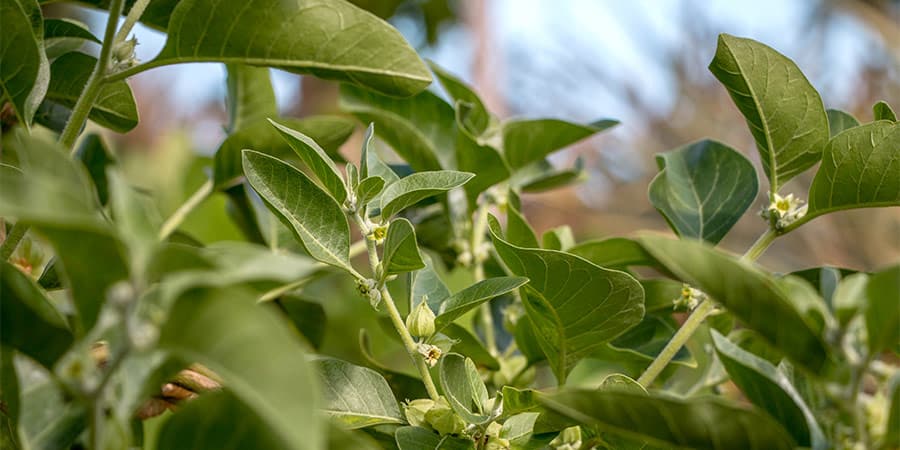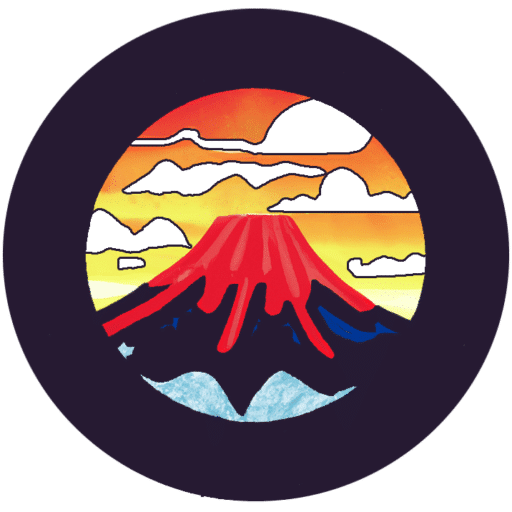
What Are the Benefits and Uses of Ashwagandha – How It Can Help You
Stress is around us constantly. A testament to how pervasive stress as a concept has become is the massive “calm” industry. If we are searching to add elements into our lives that help us slow down and relax, it becomes stressful just to navigate all the products that promise to calm us down. Adaptogens are a class of natural substances that specifically help the body easily adapt to stressful situations. These plant based medicines purport to support adrenal functions, aid stress reduction, hormonal regulation and help maintain a state of equilibrium, or homeostasis, in the body. Calm is the central goal of hundreds of alternative therapies focused on healing physical and psychological issues. Recently, the herbal medicine Ashwagandha has rocketed into consciousness of the healing industries as an integral adaptogen of traditional Ayurvedic medicine.
Ayurvedic medicine stands out for its unique combination of herbs, minerals, vitamins, and other natural ingredients, all known for their anti-inflammatory properties. This can assist in treating symptoms of depression, anxiety, and even chronic pain, much like the Benefits of 5HTP.
We found that Ashwagandha has many benefits that can make it a great addition to your supplement routine.
In this post we will explore the science behind ashwagandha as an emerging treatment for a range of medical ailments, review how best it can be taken into account for daily uses such as travelers’ needs , aging considerations , restless leg syndromes , anxiety and energy issues.

The Roots of Ashwagandha
Ashwagandha is an ancient root medicine that has garnered significant attention for its potential medical benefits. It is native to India and has been used for centuries to aid in the treatment of a variety of ailments.
It has been utilised in a variety of traditional medical systems, including Ayurvedas, Unani systems, Siddhas, Sowmrakshas, homeopathies and other traditional forms of folk medicine. It has a long history, dating back to as early as 5,000 BCE. According to Ayurvedan scholars, comprehensive information on Ashwagandhas is found in all three generations of the Ayurvedan texts.
Experts in the field of Ayurveda state that the first reference to the herb can be traced back to Charaka, a medical practitioner who lived in the period 200 BC to 200 AD.
Unani medicine, which traces its roots back to Ancient Greece, refers to the plant Asgandh, which was cultivated in Greece and the Near East. Numerous ancient Unani books refer to Asgandh as a plant that can be used to reduce aging, alleviate stress, and enhance fertility.
A text called Sharngadhara Samhita, dates back to the 14th century is known for its detailed instructions on how to prepare various drug formulations from Ashwagandha, including kashaya, lehya, churna, and ghee.
According to the 16th century text, Bhava Pamishra Nighantu Ashwagandha medicinal product is astringent, bitter in taste, and pacifies Vata and Kapha, two of the three types of doshas (body constitutions) in Ayurvedic medicine. It is recommended for the treatment of nervous system disorders, secretory diseases, leprosy and edema, as well as inflammatory diseases.
In the past twenty years, there has been a significant increase in the number of products containing Ashwagandha.
One of the most promising uses of ashwagandha is for chronic pain. Preliminary studies have found that it may have the potential to reduce pain in patients with conditions such as rheumatoid arthritis, osteoarthritis, and fibromyalgia. Additionally, researchers have noted that ashwagandha may also have potential benefits for those living with anxiety. While more research is needed to fully understand the potential benefits of this herb, its long-standing use in traditional medicine suggests that it may have a place in modern treatments.

The Science Supporting Ashwagandha
As a natural remedy gaining popularity in recent years, ashwagandha has been studied for its potential benefits in treating a variety of medical conditions, including chronic pain. Scientific evidence also suggests that this herb may help alleviate symptoms of anxiety, such as impulsivity, by reducing inflammation and oxidative stress in the brain. Additionally, ashwagandha may provide relief for those suffering from chronic pain due to its ability to reduce inflammation and modulate pain signals in the body.
A 2000 study suggested that the herb had a comparable anxiety-reducing effect with lorazepam, suggesting that ashwagandha might be as effective for reducing anxiety. However, the researchers conducted this study in mice, not humans.
In a 2019 studyTrusted Source in humans, researchers found that taking a daily dose of 240 milligrams (mg) of ashwagandha significantly reduced people’s stress levels when compared with a placebo. This included reduced levels of cortisol, which is a stress hormone.
Another 2019 studyTrusted Source in humans, taking 250 mg or 600 mg of ashwagandha per day resulted in lower self-reported stress levels, as well as lower cortisol levels.
A small 2015 study Trusted Source in 125 people with joint pain found the herb to have potential as a treatment option for rheumatoid arthritis
Choose the Right Ashwagandha Supplement
When it comes to choosing an ashwagandha supplement that best fits your needs, it’s important to do your research. With so many options on the market, it can be difficult to know where to start.
First, consider what form you want your supplement to come in. Ashwagandha comes in various forms such as capsules, powders, and even gummies.
Next, check the dosage recommendations and the concentration of with anolides (the active ingredient) in each serving. Keep in mind that not all brands are created equal, and it’s essential to choose a reputable and trustworthy source.
Ultimately, finding the best ashwagandha supplement requires some trial and error, but taking the time to read reviews and compare products can lead to a better experience and ultimately, better results.
Below we provide a few great products we have tried that are affordable and are quality made.
GOLI ASWAGANDHA GUMMIES are an American-based brand of vegan, non-GMO, gluten-free and gelatin-free gummies. Each bottle contains 60 delicious Ashwa gummies, formulated with KSM-66, a full-spectrum, bioavailable root extract.
Why We Like It
This easy to eat gummy helps reduce stress, promote relaxation, support sleep quality.
MARY RUTH’S EXTRACT Allows one to experience a sense of relaxation and wellbeing with this centuries-old traditional herb, with its potential to reduce stress and promote homeostasis through its use as an adaptogen. Additionally, its neuroprotective properties may provide support to the nervous system.
Why We Like It
We love tinctures like this that are easy to add to teas and smoothies. Sub-lingua, this extract works fast to relax you body. Highly Recommended.
TRIBE ORGANICS have been providing high quality Ashwa for 14 years. Their powder based capsules provide an extra strength boost of relaxation.
Why We Like It
This capsule supplement supplies a heavy dose of pure KSM-66 Organic Root Extract and is a Vegan Root Extract that is not milk treated. It is the only extract available that retains the extensive range of bio-active elements found in raw root, with 5% of withanolides. This results in increased clinical efficacy.



